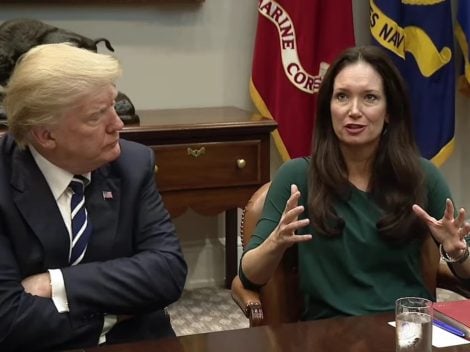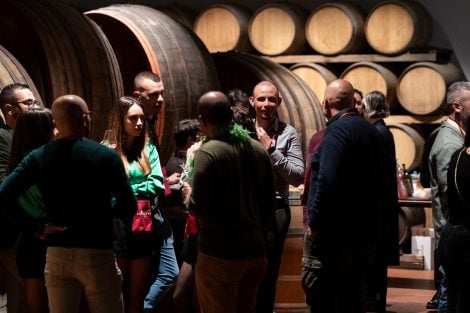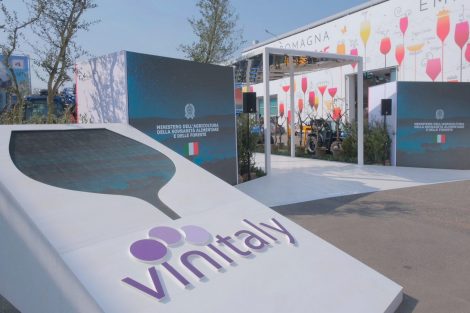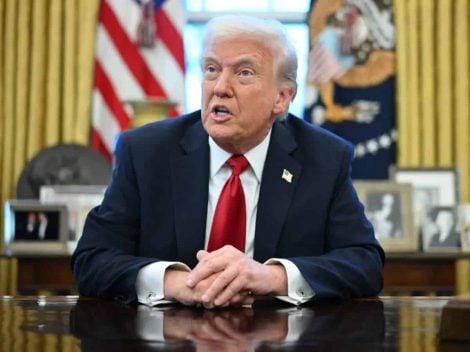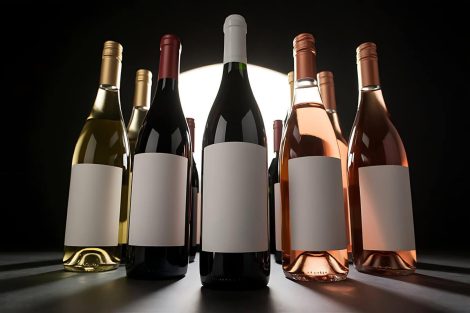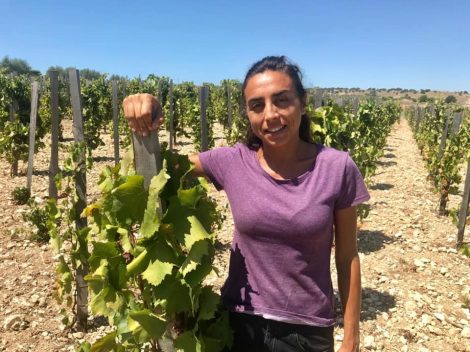Strong numbers for Vinitaly 2025. The 57th edition, inevitably shaped by the topic of tariffs on Italian and European wine in the US, recorded a total of 97,000 attendees in the Veronafiere halls, a 7% increase, with 33% foreign trade operators — over 32,000 visitors from more than 130 countries.
Even the Vinitaly and the City event, held in Verona’s city centre, sold over 50,000 tickets, matching last year’s figure despite having one fewer day of programming.
“A successful edition,” commented Veronafiere president Federico Bricolo, “with the city reaffirming itself as the European wine capital, thanks to the participation of European commissioners and Italian ministers.”
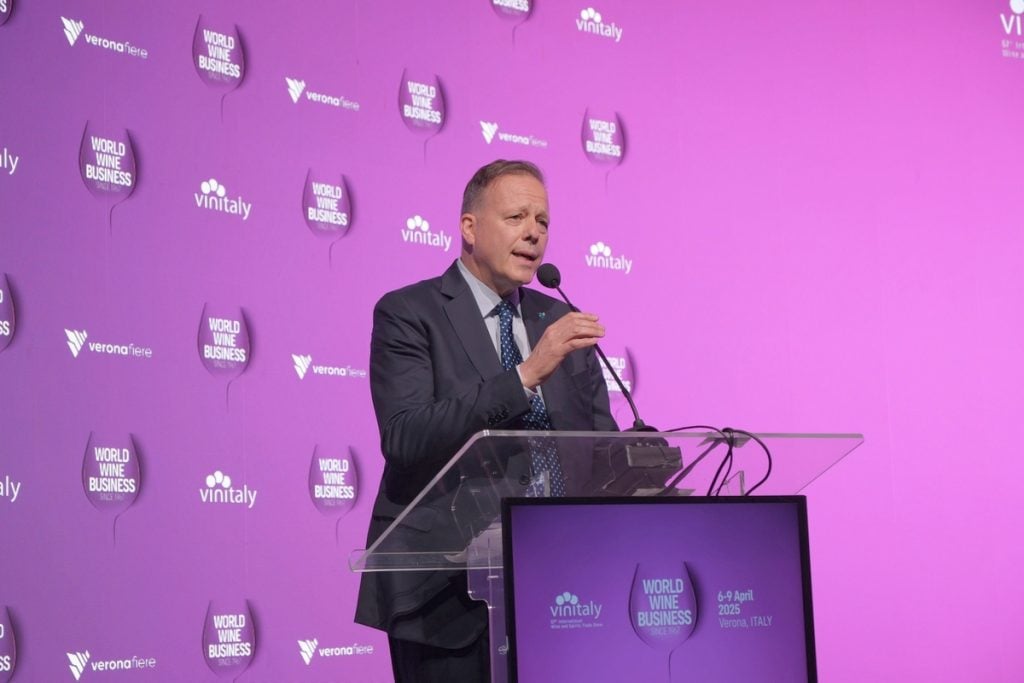
Federico Bricolo – President of Veronafiere – Vinitaly 2025 – photo by Veronafiere
International outlook
Looking at the countries of origin of the key buyers of Italian wine, all three of the main export markets showed positive trends: United States (+5%), Germany (+5%), and United Kingdom (+30%). Visitor numbers from China were down (–20%). Among EU countries, attendance increased from France (+30%), Belgium (+20%), and the Netherlands (+20%). There was also growth from Switzerland (+10%) and Japan (+10%), with stable figures from Canada and Brazil.
According to President Bricolo, the presence of numerous institutions at the fair (including EU commissioners Christophe Hansen for Agriculture and Olivér Várhelyi for Health, along with Italian ministers such as Francesco Lollobrigida, Antonio Tajani, and Adolfo Urso) allowed a “strong signal to be sent, in a moment that called for clarity, cohesion, and strategic vision.”
The date of the next Vinitaly has been announced: 12 to 15 April 2026.
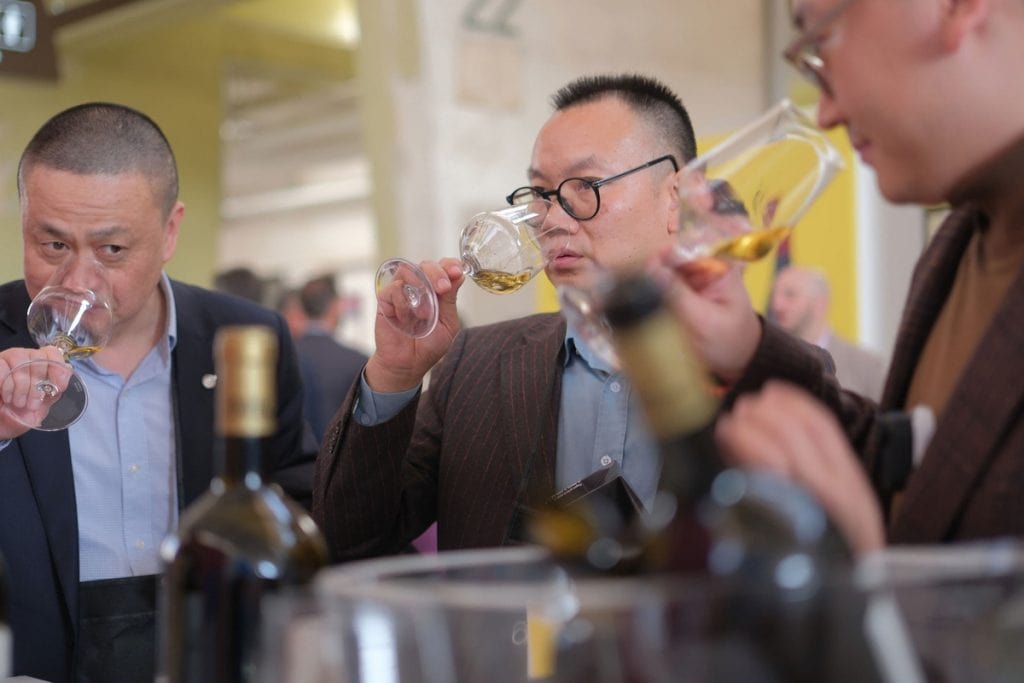
Vinitaly 2025 – photo Veronafiere
New fair features and focus on trends
The 2025 edition was rich with new developments in both the exhibition halls and the fair’s programme. Adolfo Rebughini, general director of Veronafiere, described Vinitaly as a “solid brand, capable of offering the wine world a systemic response to the international landscape.”
There were several debuts, such as Vinitaly Tourism, a format dedicated to wine tourism, and the inclusion of emerging trends like no/low alcohol wines, Raw wine, and amphora-aged wines.
The organisers aim to enhance the overall experience by listening to the sector and anticipating its trends.
“Today, Vinitaly is a strategic asset in a time of profound change, with the event playing a central role in listening to the markets and promoting Italian wine on a global scale.”

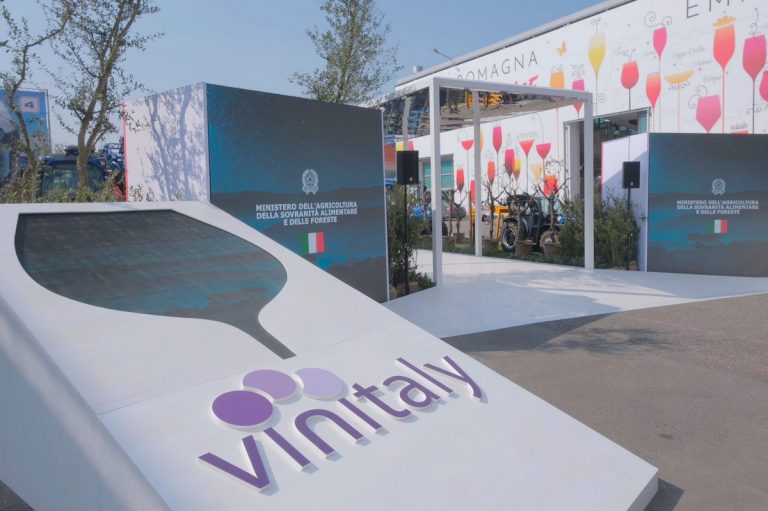
 The top patisserie just steps from the Pompeii ruins where you can enjoy exceptional pastiere and croissants
The top patisserie just steps from the Pompeii ruins where you can enjoy exceptional pastiere and croissants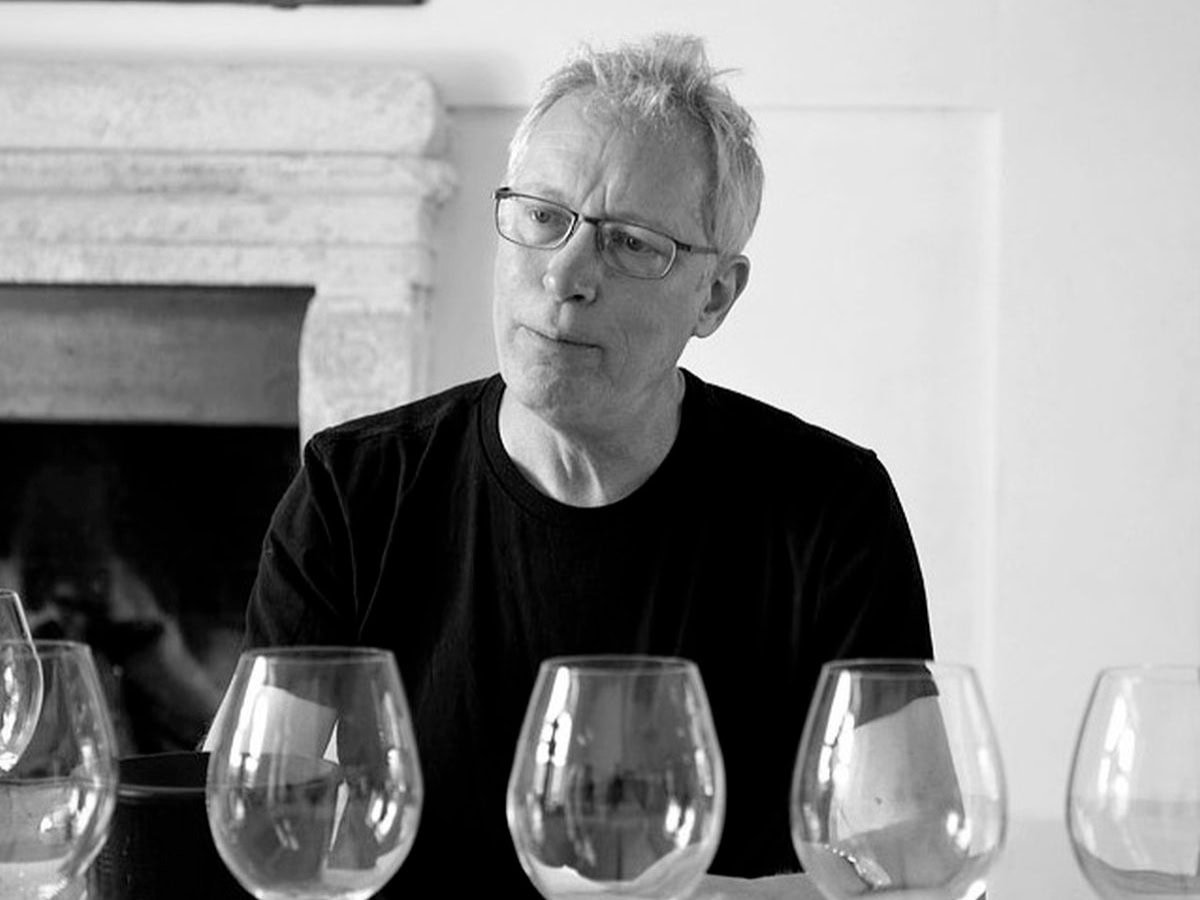 Tariffs? “The wine market will be dominated only by big groups.” Eric Asimov of the New York Times speaks out
Tariffs? “The wine market will be dominated only by big groups.” Eric Asimov of the New York Times speaks out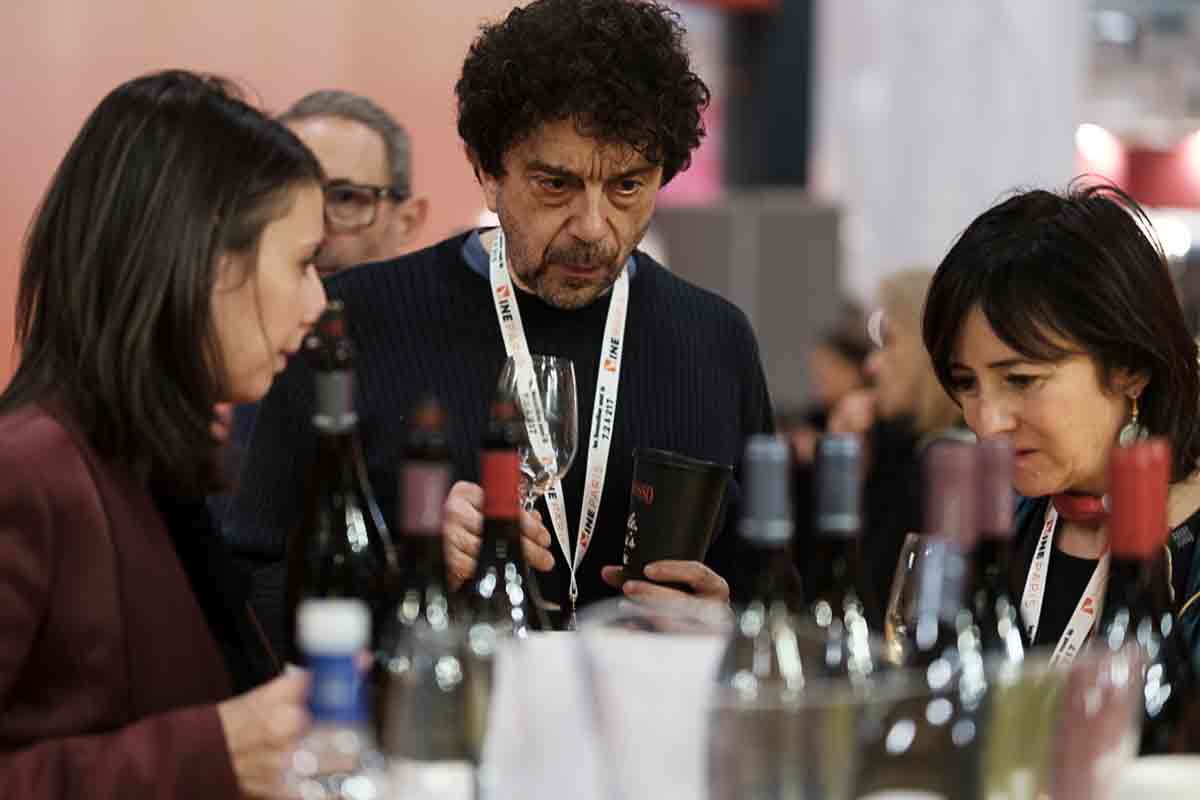 Tre Bicchieri meets Wine Paris
Tre Bicchieri meets Wine Paris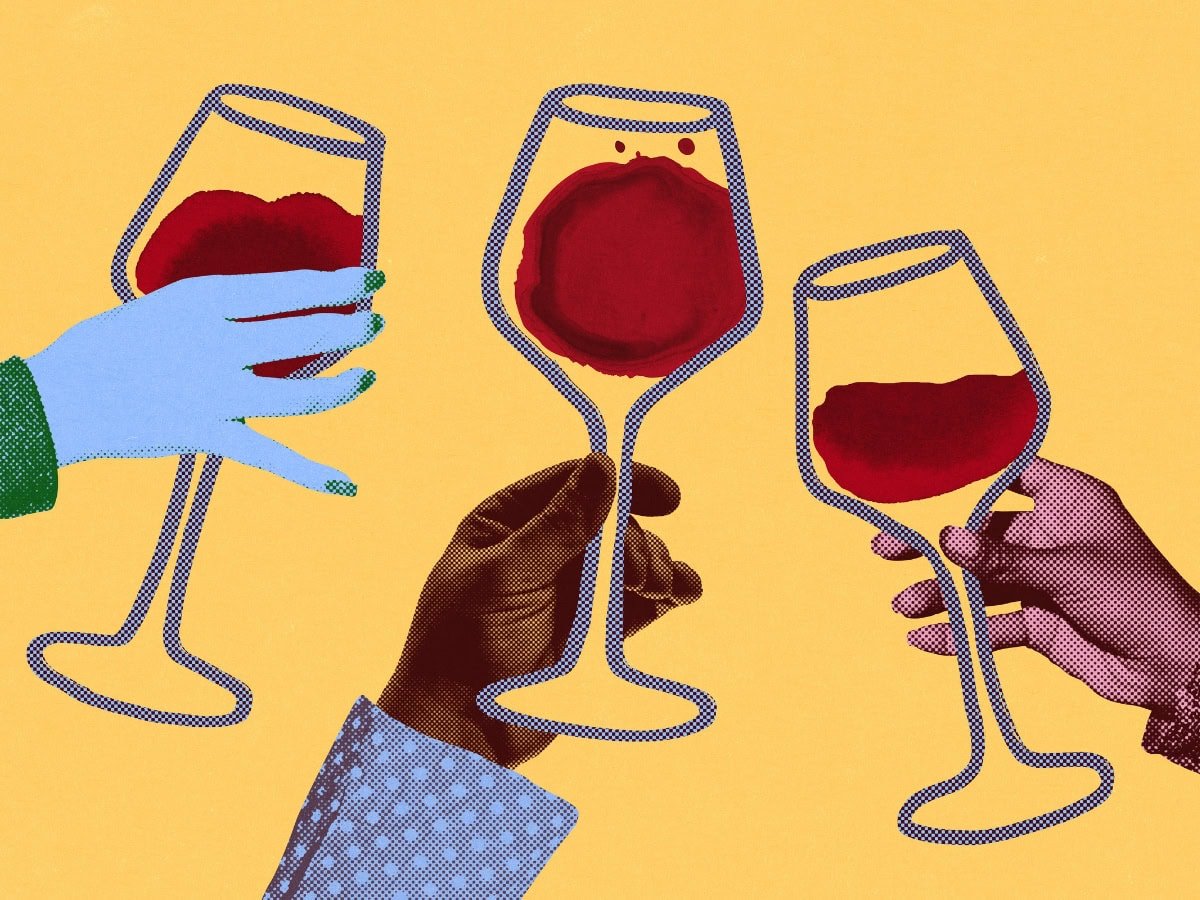 Fewer bottles, more by-the-glass: how to build the wine list of the future
Fewer bottles, more by-the-glass: how to build the wine list of the future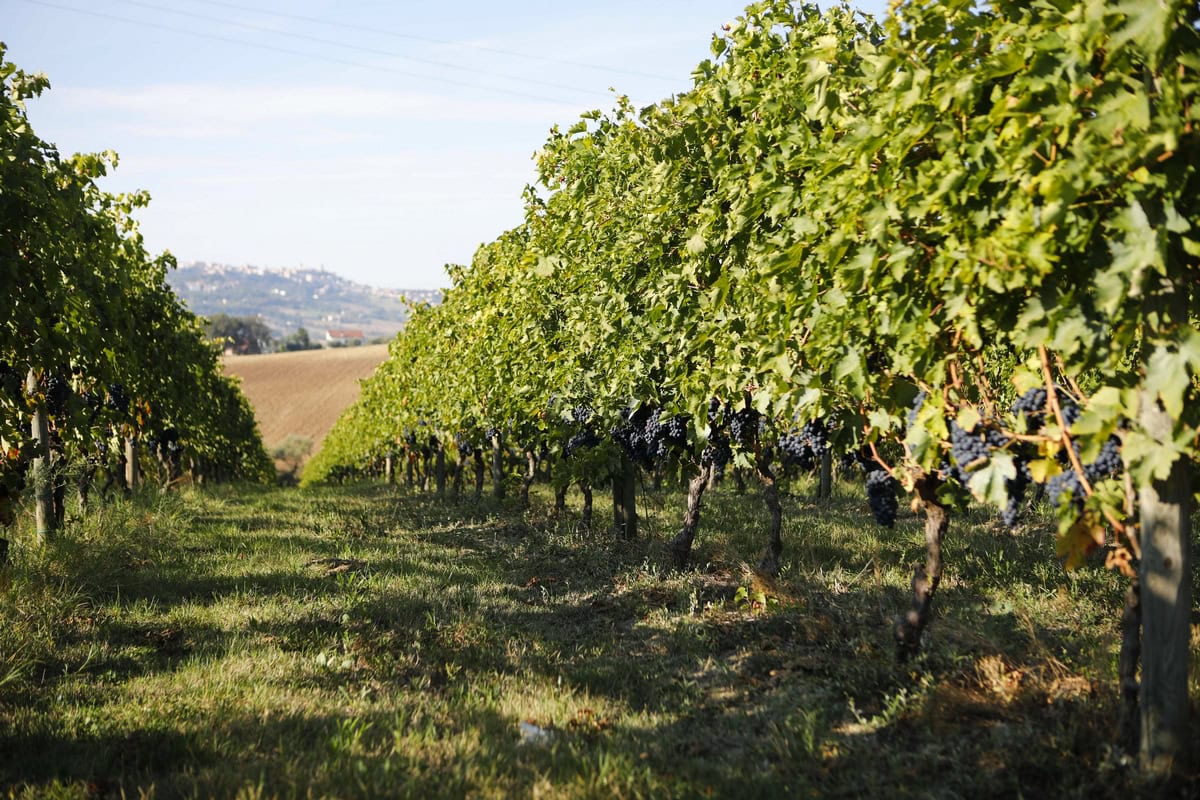 The Moncaro collapse impacts Marche wines. But average price rises
The Moncaro collapse impacts Marche wines. But average price rises